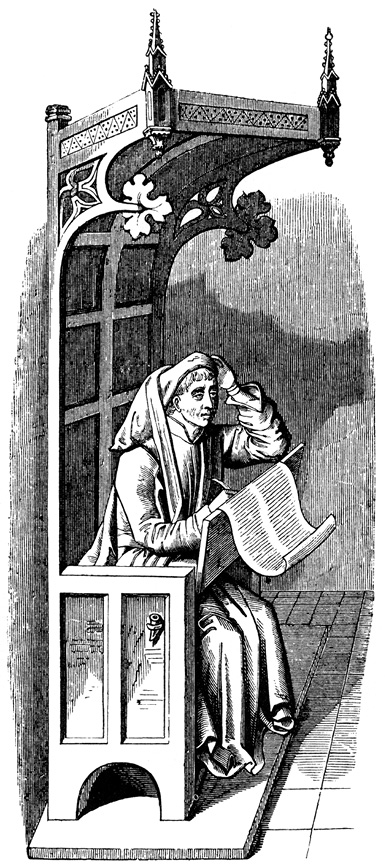
After doing the preliminaries of meditating, white-light building, singing, and calling upon spirit, sit with a large writing pad in front of you and a pen or pencil in your hand. With automatic writing you leave it to spirit to do the actual writing—the moving of the pen on the paper—but with inspirational writing it is you who will do the composition. The difference is that spirit will inspire you . . . hence, “inspirational” writing. In effect, spirit will dictate to you.
It is as though you can hear the words in your head, and all you have to do is to put them down on paper. There have been whole books written in this way . . . my own Buckland’s Domino Divination—a new form of divination using those tiles—came to me in this form. Inspirational art and even inspirational speaking are forms of this spirit communication.
It is not easy to recognize when it is spirit that is telling you what to write and when it is your own conscious mind. If you find that you have to think hard about what you are trying to say, if you keep rephrasing things or stumbling over words, then it is probably your conscious mind that is constructing what you are writing. Inspirational writing by its very definition flows easily and without effort.
You, as the medium for this form of spirit expression, enter into a light trance. Wolfgang Amadeus Mozart said, “When all goes well with me, when I am in a carriage, or walking, or when I cannot sleep at night, the thoughts come streaming in upon me most fluently; whence or how is more than I can tell.” Many musicians, as well as artists and writers, have had this same experience.
There have been many books written through inspirational writing; those of William Stainton Moses are especially notable. More recently there is a series of nine books under the heading Conversations with God, by Neale Donald Walsch.
Rosemary Brown claimed that dead composers dictated new musical compositions to her. She created a small media sensation in the 1970s by claiming to produce new works by Johann Sebastian Bach, Ludwig van Beethoven, Johannes Brahms, Frédéric Chopin, Claude Debussy, Edvard Grieg, Franz Liszt, Sergei Rachmaninoff, Franz Schubert, and Robert Schumann. A number of notable musicians were impressed (including André Previn and Virgil Thomson), while others said the new compositions lacked the spark of the composers’ earlier works.